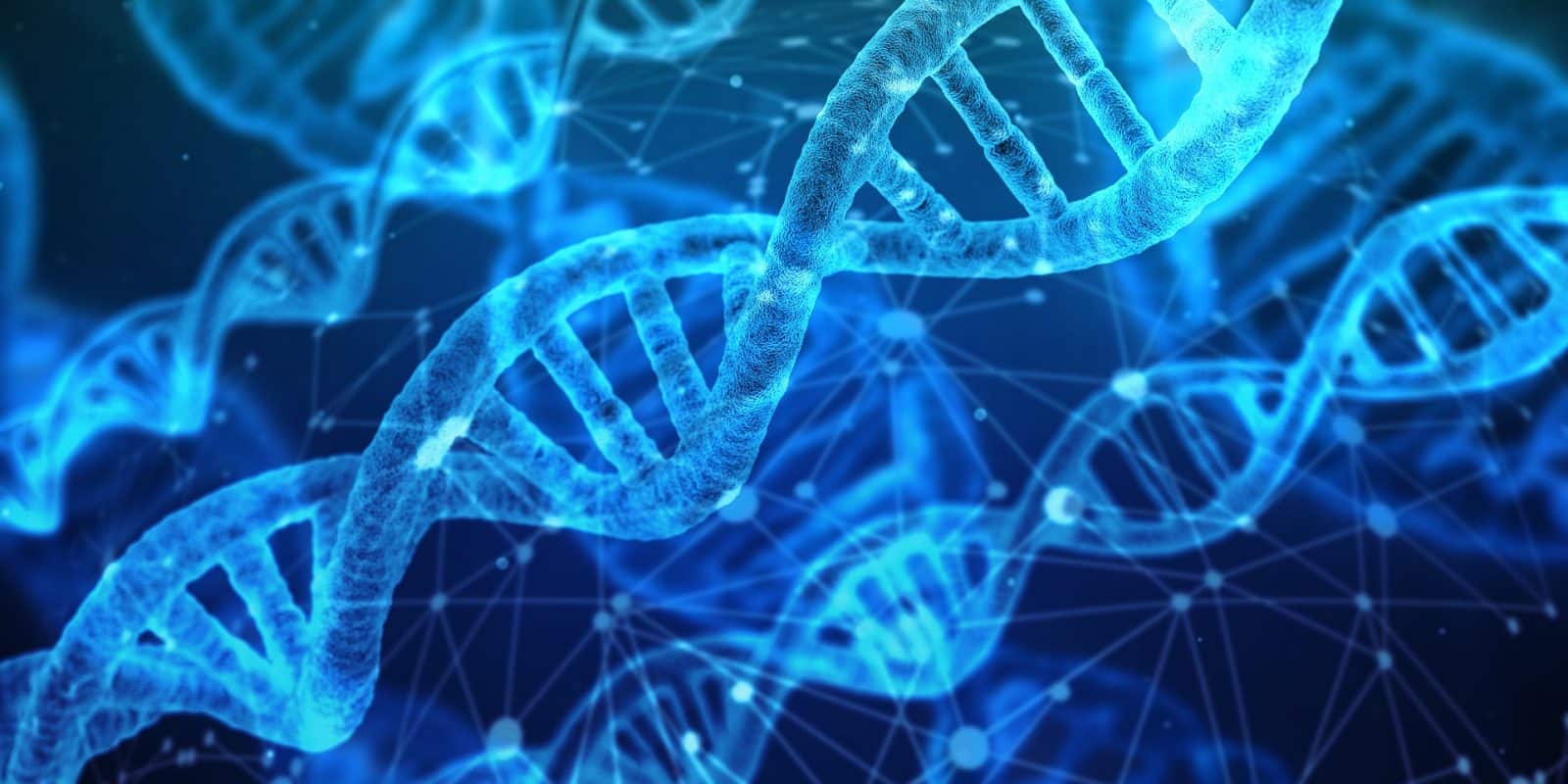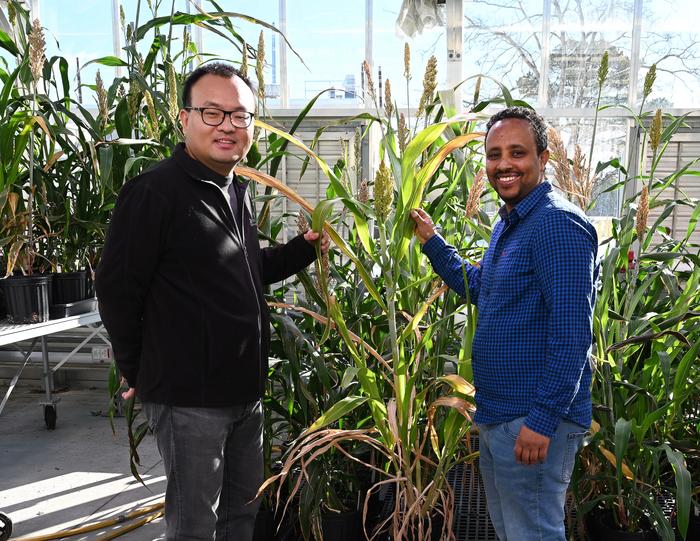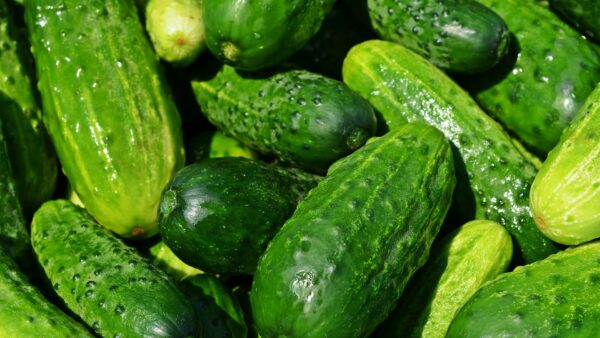On June 6, researchers from Purdue University, Hamline University and the Donald Danforth Plant Science Center announced a four-year, $2.5 million project to expand understanding of the genetic processes that allow plants to absorb and make use of the elements, according to a release.
The information “could help scientists understand what plants need to thrive and thus improve the nutrition value of food crops, strengthen plants’ ability to grow on marginal lands, or reduce the amount of fertilizer required for successful crop yields,” the release says.
The proposal from Ivan Baxter, member of the Donald Danforth Plant Science Center and lead of the project, hopes to test the hypothesis that genes responsible for elemental acquisition can be detected by using their evolutionary conservation. Researchers will use data from the model Arabidopsis plant and crop plants like maize, sorghum, soybean and rice to identify the regions responsible. If located, the researchers hope to find “novel genes controlling elemental uptake in an unbiased way.”
“We only know a small number of the genes that drive elemental accumulation,” Baxter said in the release. “We need unbiased ways of identifying the other genes so that we can understand how plants adapt to the environments in which they grow. Knowing what genes are involved could enable improved nutrient content of food crops and reduce the need for fertilizer in agriculture.”












